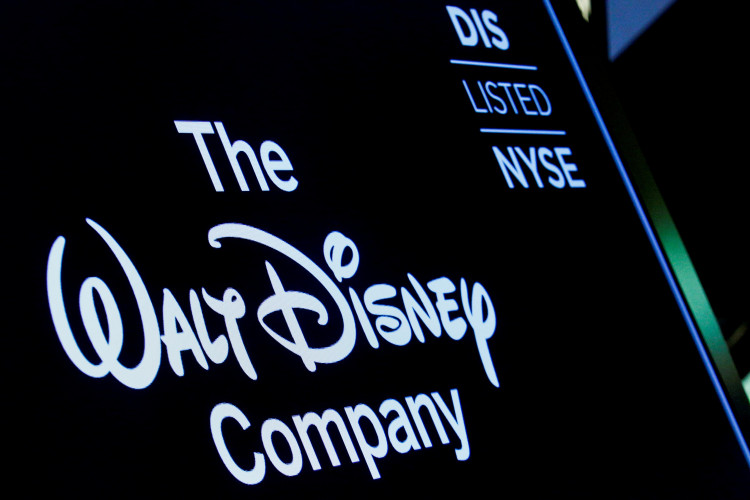Following Russia's war on Ukraine, the Walt Disney Company has decided to cease all future theatrical film releases in the nation.
In view of the unjustified invasion of Ukraine and the horrific humanitarian crisis, the company issued a statement. "We are suspending the release of theatrical films in Russia, including Pixar's upcoming 'Turning Red.''
"In the interim, given the size of the unfolding refugee crises, we are working with our NGO partners to provide essential aid and other humanitarian support to refugees," Disney added.
Following Russia's invasion of Ukraine, Disney became the first major Hollywood studio to take a firm line against the country. Later Monday, Warner Bros. followed suit, announcing that "The Batman" would be delayed in the country "due to the humanitarian catastrophe in Ukraine."
In a statement, the business added, "We will continue to watch the situation as it progresses. We pray for a speedy and peaceful end to this tragedy."
While ticket sales in Russia are not as high as in China, the country remains a key market for Hollywood studios. According to Comscore data, the Russian box office accounts for roughly 3% of total global ticket sales on average.
"Spider-Man: No Way Home," a Sony co-production, has grossed more than $50 million in Russia.
The decision by Disney and Warner Bros. to avoid releasing films in Russia comes amid a slew of other boycotts in the entertainment industry.
In the midst of Russia's expanding invasion of Ukraine, streaming giant Netflix said that it will not comply with Russian legislation requiring it to provide news channels.
"Given the current situation, we have no intentions to add these channels to our service," a Netflix spokesperson told CNBC. The decision comes as a slew of Russian state-run news outlets aired Russian propaganda justifying Moscow's war in Ukraine, which began last week.
Sanctions on Russia are also being imposed by sports groups and professional athletes. FIFA has backed the Union of European Football Associations in barring Russian teams from events until further notice, including the World Cup in Qatar in 2022.
The National Hockey League, which contains more than a dozen Russian-born players, has halted contracts with Russian corporations, and the International Olympic Committee has suggested that Russian teams be barred from competing because they violated the "Olympic Truce."






